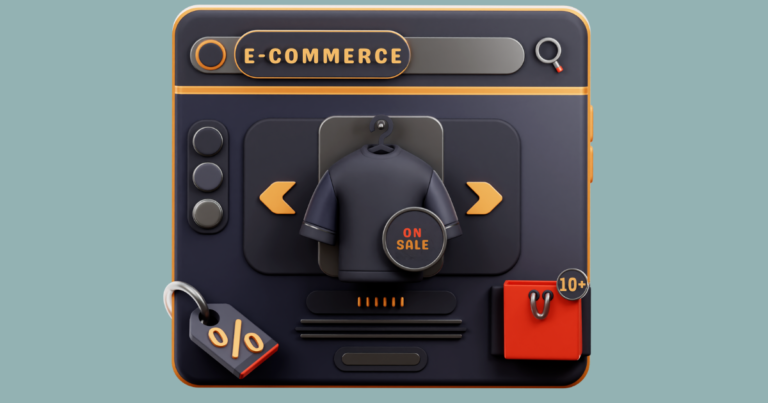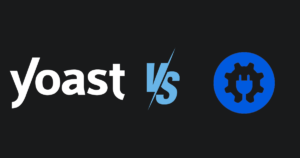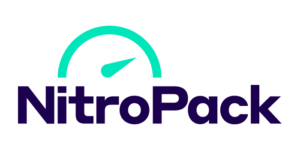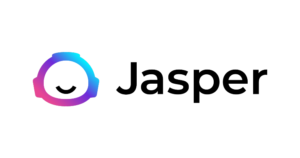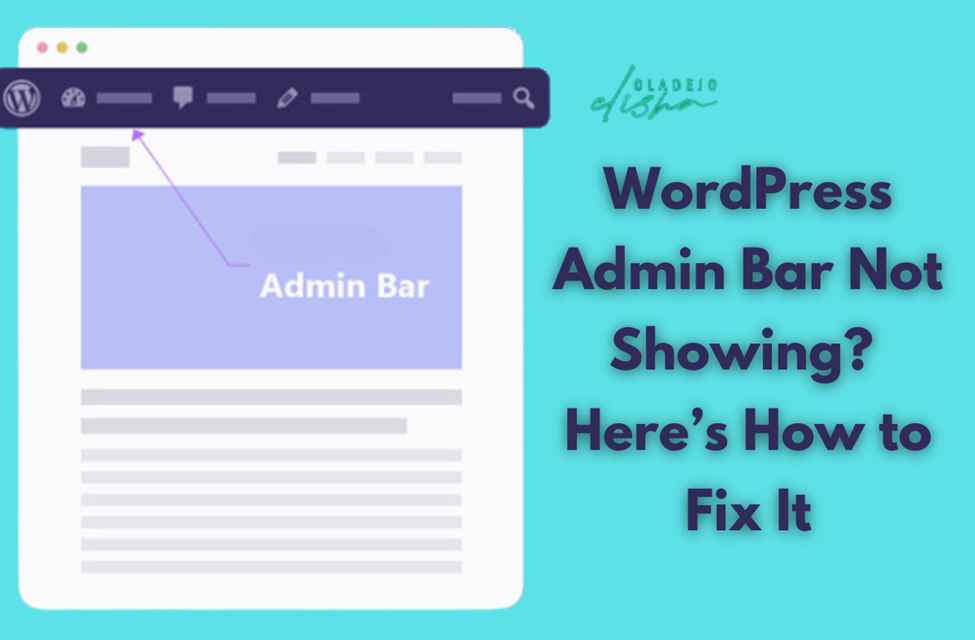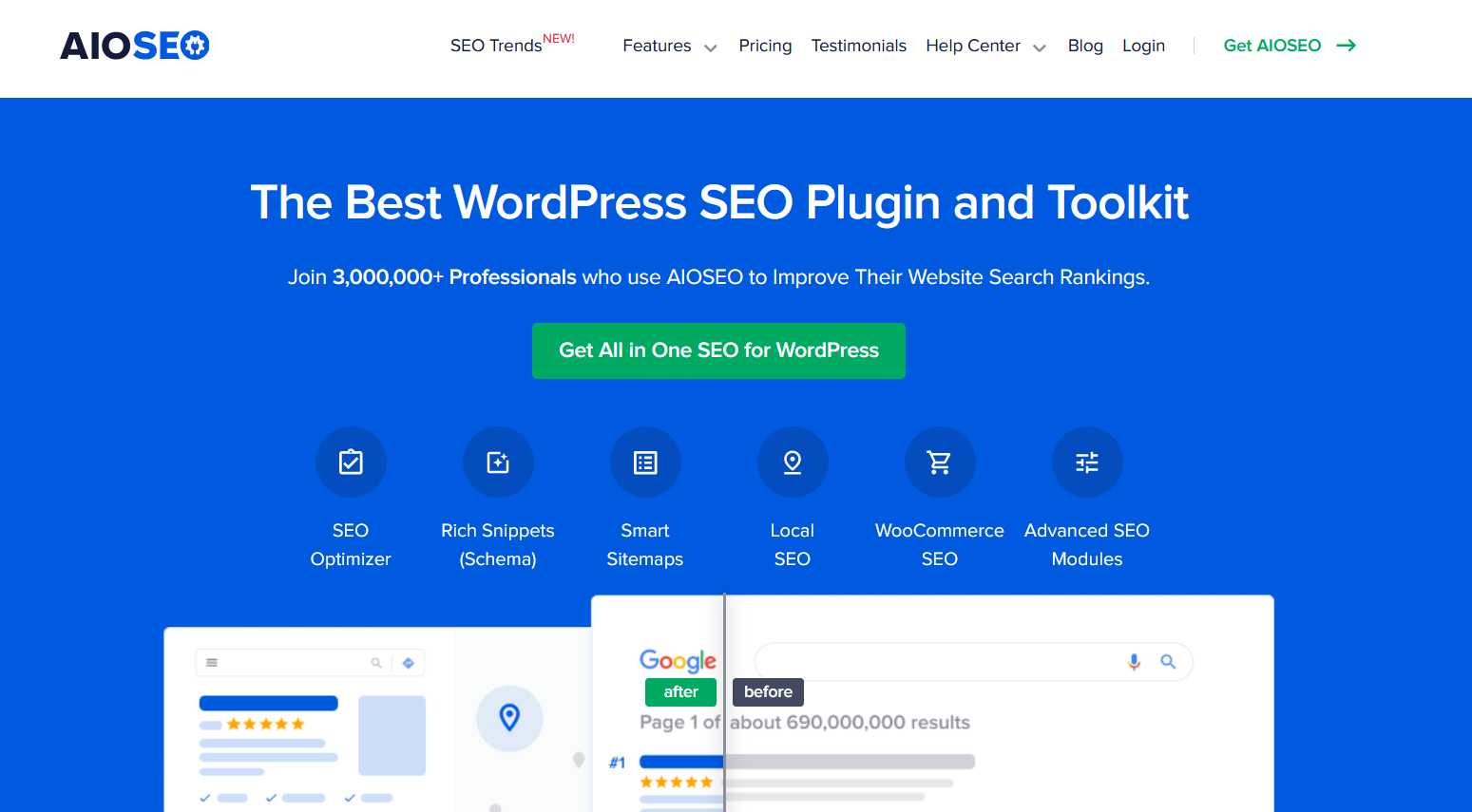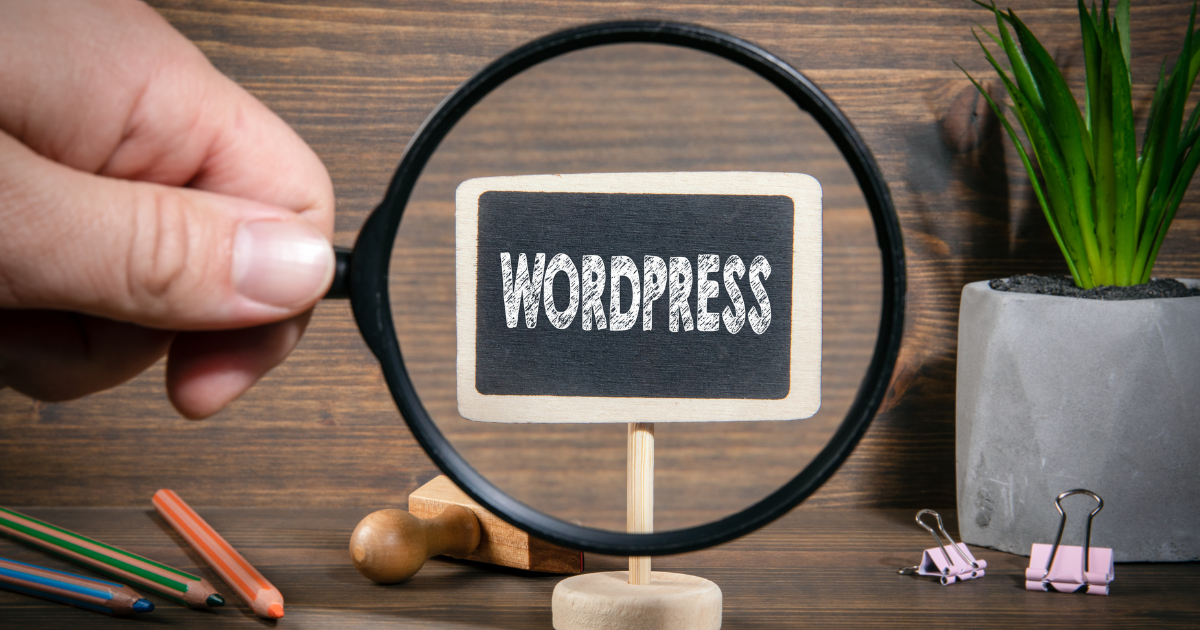Having to operate an e-commerce platform for clothing has become a requirement that is needed not just for clothing but all kinds of businesses because all sorts of businesses are developing to move clothing, which will surely help a company to develop to a new level.
For instance, an excellent place for a search engine results page showcases the automatic characteristics of e-commerce that help in saving a lot of time when selecting an e-commerce platform for clothing.
Moreover, learning about other platforms will not be at a disadvantage, especially If you have an online store on at least one ecommerce platform; it only means that having a vision and moving up your store should always be the first consideration if you are a business owner with vision.
We have looked at why it is essential to choose the best e-commerce platform for clothing. Let’s read on to look at how to choose the best ecommerce platform for clothing.
How to Choose the Best Ecommerce Platform for your Clothing Store
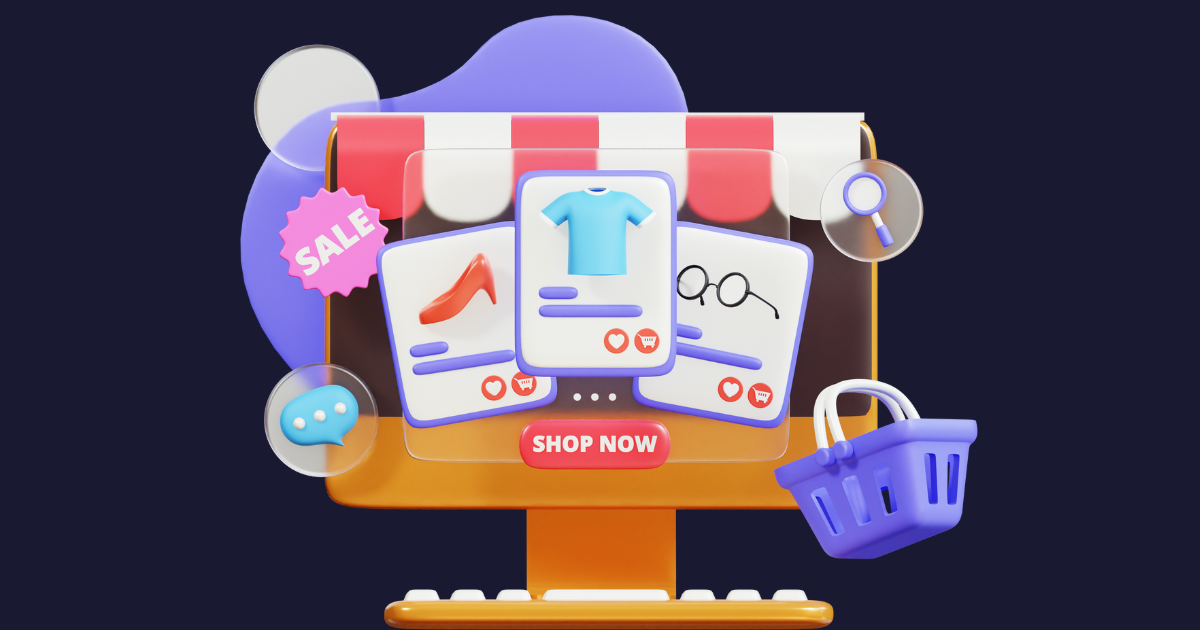
The following are things to consider when choosing the best eCommerce platform for clothing.
Identify Your Needs
It is essential to consider your company’s needs in conjunction with the product you sell.
In some situations, you will need to consider the following:
- The Particular Variation
- The Type of Clothing
- Product Variations.
- The Degree of Customization.
- The Sales Volume.
- The Payments Gateways.
- The shipping options and the likes
It is also essential to consider the type of product description and media that the platform will be able to offer your store in the end.
Moreover, it is also important you make a listing order to help you to decide on the best ecommerce platform by having to reduce the options you have based on the requirements you have at hand.
Consider Your Budget
Considering the budget has to do with having a rough idea of how much it costs to start a clothing line because this is a business that has to do with money, and that is why it is essential to be realistic and to give thought to your company budget.
This is something that is also indicated when identifying your needs. Still, it is also essential for it to be dealt with separately because knowing the amount of money you have does not mean that it is the exact amount you are willing to spend on an e-commerce platform.
However, it is important to note that there are various pricing plans that will offer different features, which indicates that you can only get what you pay for.
Meanwhile, there are various pricing across platforms; some platforms have to charge a transaction fee, and others may request payment if it happens that a third-party gateway is used.
Research The Platform
Researching the platform has to do with having a clear understanding of the needs of your store and also the budget; this can make you start by looking out for the best platforms for selling clothes.
It is also essential to compare the pricing plans as you check out the features that characterize each of the platforms.
However, it is also a good idea to observe the best way this can fit with other platforms.
Reading up on the review is also very important in order for you to understand the role of customer support in case of any rise of unpleasant situations. But it is also important to note that most of the articles from top-list platforms are only there for their products and services to be promoted.
Start A Free Trial
Starting a free trial happens to be a free feature that is mainly on every platform that most people often give oversight to.
In order to make good use of the free trial, it is essential to try the following:
- Try every available feature in order to get the result of the view of the platform that is most objective.
- Try to get information about new variants of clothing items and also import a few of them.
- Try to set up payment gateways.
- Try other customizations.
- Try delivery methods.
Taking the actions above will give an idea of the customer’s point of view when you need to check through the store, which will give room to assess the suitability and effectiveness of the platform for
your store.
Think About Scalability
Thinking about scalability is an important factor when selecting an e-commerce platform, which has to do with needing a platform that will be able to handle more traffic and sales as the company continues to grow. And more so, the platform chosen must be able to scale with your business.
However, when a major shopping event is ongoing, like Black Friday, you, as a company owner, will not want your company website to be completely down.
Meanwhile, it is important to carefully consider the factor you want to choose in order to prevent changing to another as your store continues to grow.
Consider Your Knowledge Base
The knowledge base has to do with going for platforms that have user-friendly tools and simple interfaces, especially if you have little or no experience in these areas.
Moreover, it is important to be sure of the following:
- To be sure whether the platforms make provision for tutorials.
- To be sure that the platform gives documentation.
- To be sure, the platform offers a chance for self-hosting, especially when you do not have much skill in tech.
Now that we have seen how to choose the best e-commerce platform for clothing let’s read on to look at the best e-commerce platforms for apparel.
5 Best Ecommerce Platform for Clothing
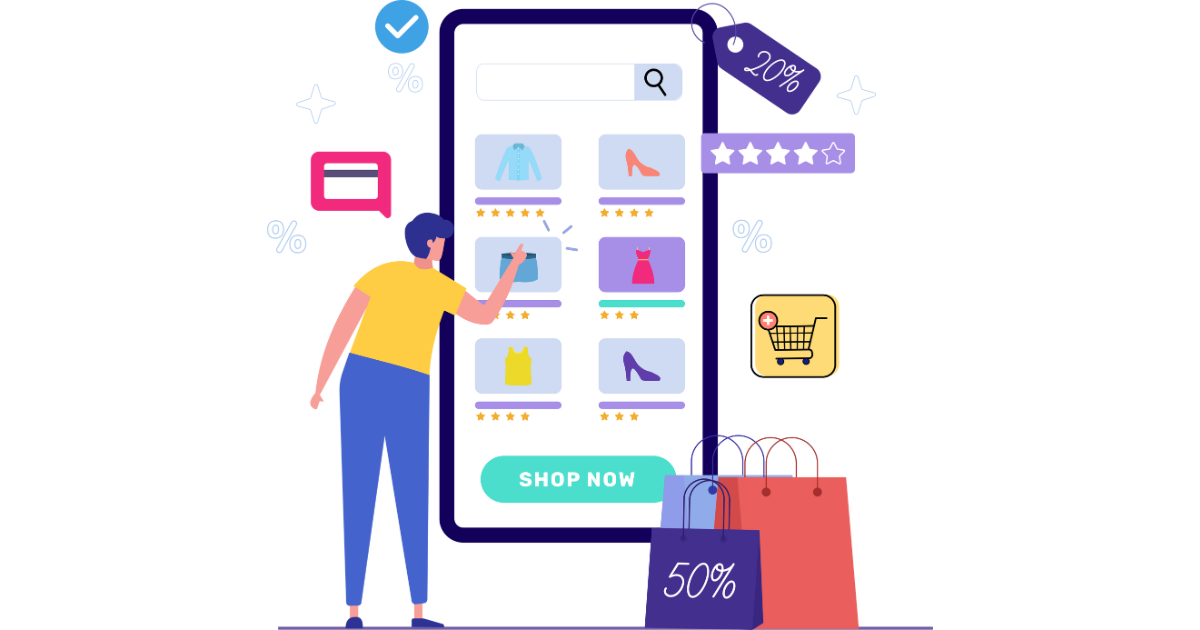
Knowing fully well that not all e-commerce platforms work with apparel clothing because there are many of them. However, an e-commerce platform for clothing products will require customers to make selections of various types or options of the same products in colors, sizes, materials, designs, and the like.
From the look of things, it is required to have a platform that works well, which will manage your products and give room for a quality customer experience efficiently.
Below are the clothing ecommerce platforms.
1. Shopify

Shopify is known to be a fashion ecommerce platform or option that is mostly used. Shopify is characterized as competitive because of the unique features of user-friendliness,seamless shopping experience, good customer service, smooth integration, comprehensive feature suite, and ease of customization.
However, Shopify is also ideally suited for a brick-and-mortar store. If you have one, the company will indeed have a market share close to 10%.
Meanwhile, a comprehensive guide is available on how clothes can be sold on Shopify. It may be very helpful and valuable because it is popularly recognized as the most used platform, even outside the clothing industry.
Now, as good and as recognizable as Shopify is, we need to look at its pros and cons.
Pros of Shopify
- It offers multiple ecommerce integration and features.
- It offers CSS, HTML, and editable themes that emanate from wide-ranging customization features.
- It offers additional delivery options coupled with integrations that have multiple third parties.
- It gives room for apps to be specially optimized for drop shipping.
- It has a robust app marketplace.
- It has advanced global functions and massive multi-currency support.
Cons of Shopify
- It has an extreme learning curve for beginners.
- Its transactional fee is charged to the third party’s gateway payment.
- It has complexity for smaller businesses.
- It has extra payments on some themes.
2. Magestore
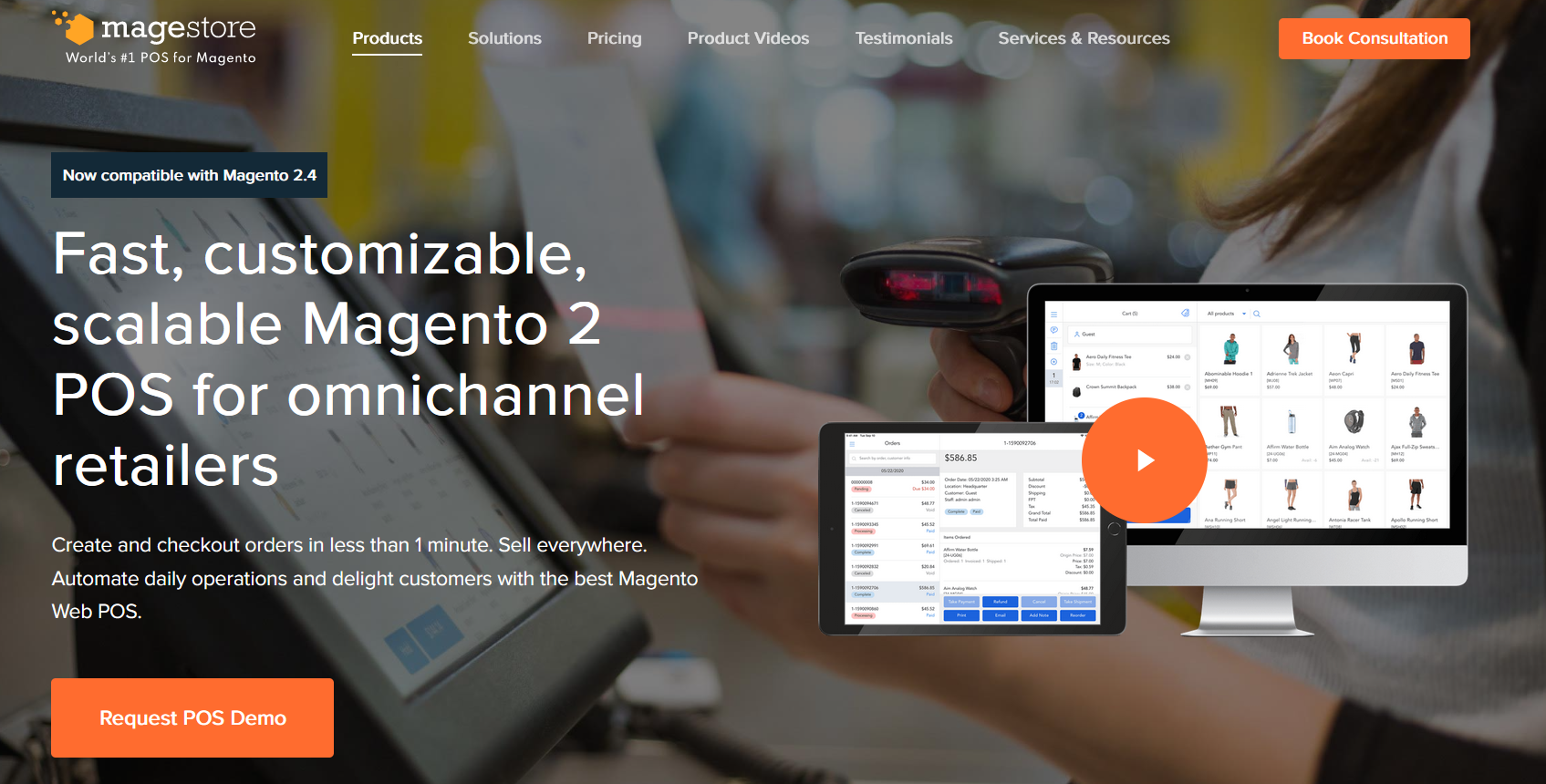
Magento happens to be an open-source e-commerce platform for Adobe e-commerce that most people in this field need to be aware of, simply because of its multiple plug-ins and themes.
However, Magestore also stands out from the competitors because of its ability to integrate with third parties and its flexibility as well. It also has a market share of almost 2%
Pros of Magento
- Its platform is highly customizable
- It has a broad characteristic set.
- It has a highly customizable platform.
- It Has Capabilities for API integration.
- It Has Powerful reporting analytics.
- It has flexible payment methods with zero transaction costs.
- It offers support to community users.
Cons of Magento
- It has a complex installation process.
- It requires technical knowledge.
- It has an expensive pricing plan when compared to competitors.
- It lacks mobile-compatible themes.
3. Wix

Wix is an ecommerce fashion brands website that covers an ecommerce solution coupled with end-to-end web building.
Wix stands out due to the uniqueness of its drag-and-drop builder that gives room for users to personalize their store easily with various templates and designs.
However, Wix has a good client support service that gives it a market share of approximately 6%
Pros of Wix
It is a built-in SEO plug-in that enhances search engine rankings.
- It does not need any coding knowledge.
- It connects your website to Google Analytics and Google Search Console.
- It has Flexible personalization options.
- It does not require any transaction fee.
- It has a hospitable customer service.
Cons of Wix
- It is difficult for your website to be exported to other platforms.
- Its loading speed is slow.
- It Tags and archives duplicated pages.
- Its scalability is limited.
- It has an expensive pricing plan when compared to competitors.
- It has Poor API integration.
- It lacks powerful analytics reporting tools.
4. BigCommerce
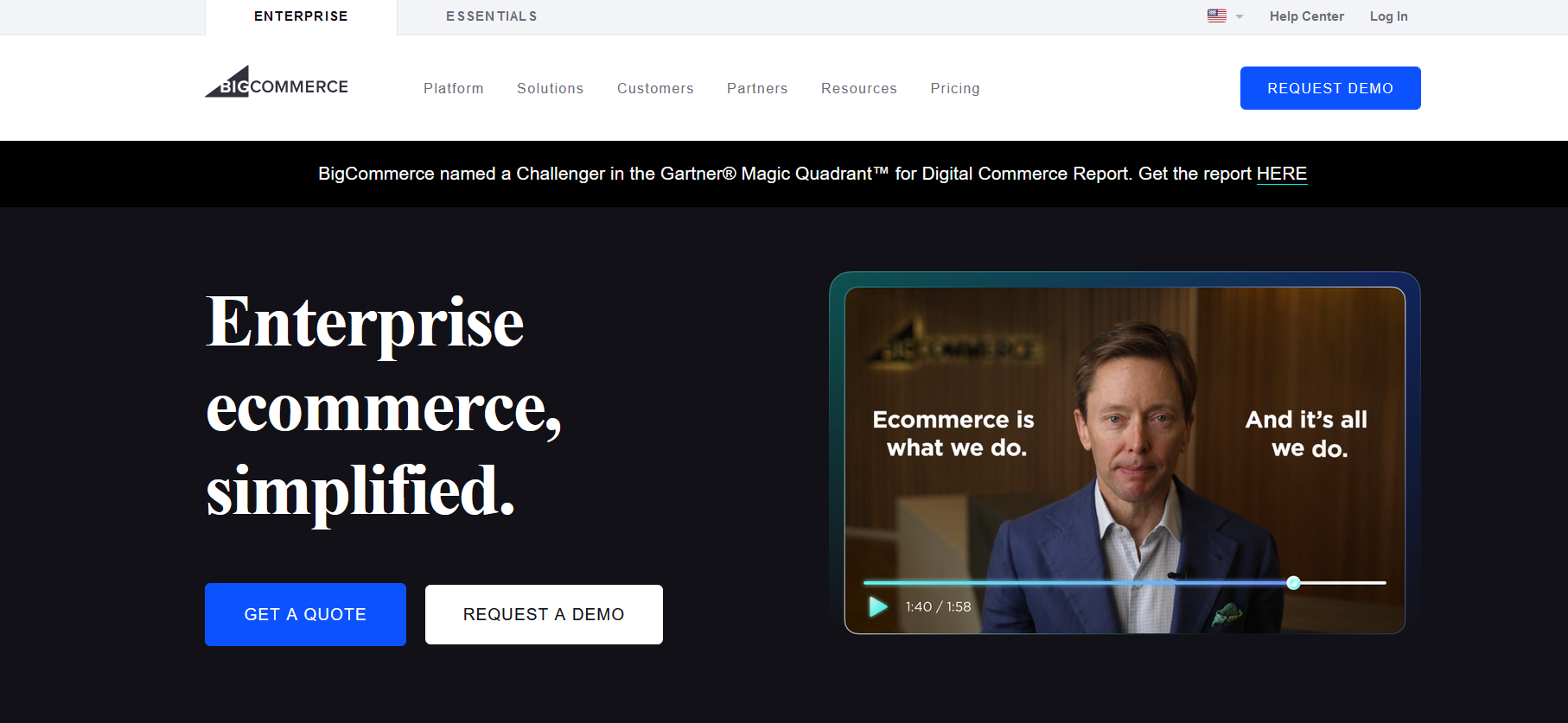
BigCommerce is a popular e-commerce platform for clothing and accessories businesses. It has built-in responsive themes that quickly adapt based on the screen sizes, and it is also user-friendly.
More so, it is possible to make sales on Amazon, eBay, and the like with BigCommerce.
Meanwhile, the market share for BigCommerce is approximately close to 3%.
Pros of Big Commerce
- It is easy to set up, and it has a user-friendly interface
- It has Mobile-friendly themes and templates.
- It has most of its built-in templates that are compatible with Google’s AMP.
- It has an image optimization feature.
- It has a broad array of plug-ins and themes.
- It has robust analytics reporting capabilities.
Cons of Big Commerce
- It has a sluggish loading speed.
- It has custom typefaces that are not supported.
- It is an expensive pricing plan compared to competitors.
- It has limited developer support.
5. WooCommerce
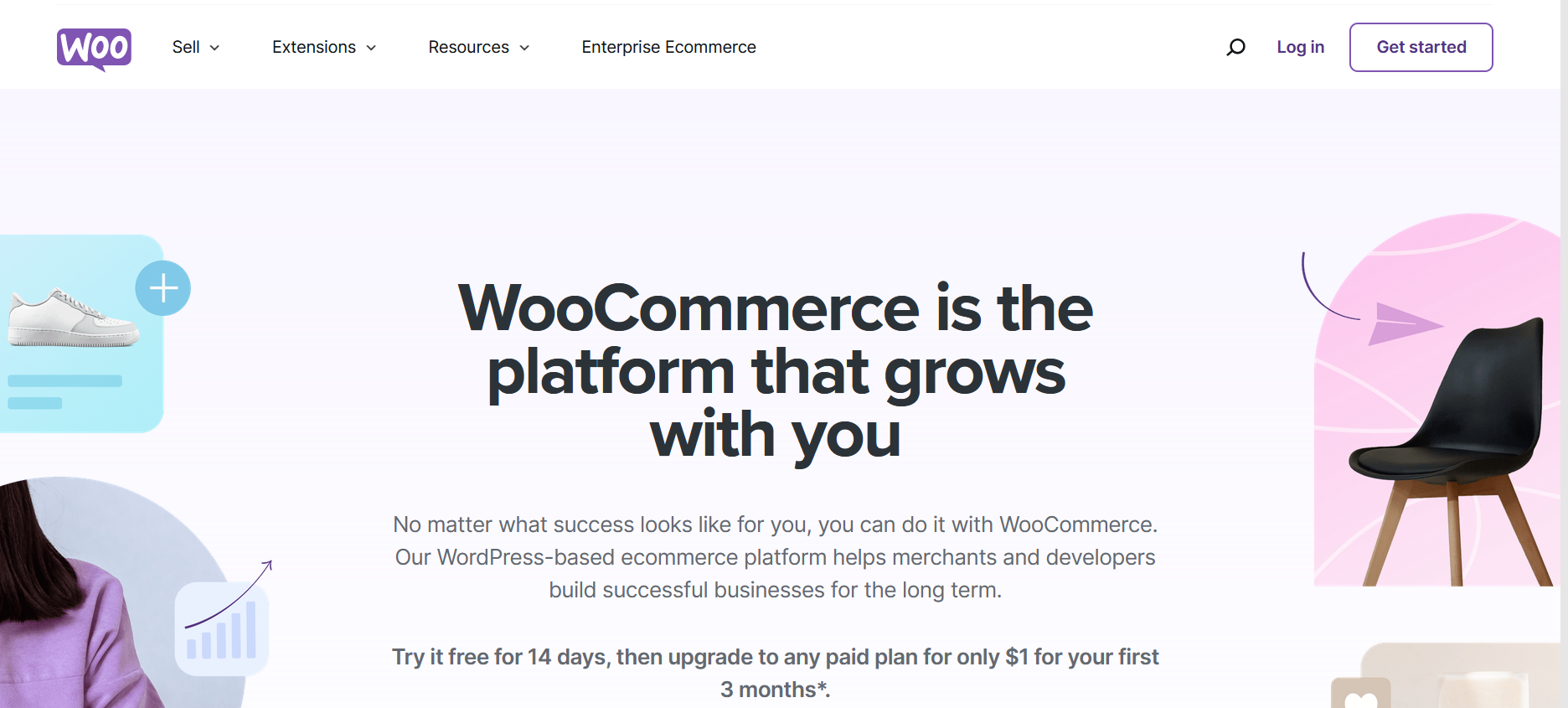
WooCommerce is a platform to sell clothes that offers an open-source eCommerce solution that is built on WordPress.
However, it is verified easy to use and has the ability to integrate with word press plug-ins, which provides access for your clothing store to be added with features that open you up to thousands of paid and free plug-ins inclusive
however, woo commerce has a market share of close to 36%
Pros of WooCommerce
- It integrates seamlessly on any site that runs on WordPress.
- It has strong SEO advantages.
- It has a built-in data analysis tool.
- It has numerous personalization options.
- It has zero initial cost.
- It offers support to community developers.
Cons of WooCommerce
- It is not compatible with non-WordPress sites.
- It has hidden expenses from plug-ins and features on premium options.
- Its scalability is limited for larger businesses.
- It has poor API integration capabilities.
Now that we have known the best ecommerce platform for clothing, it is highly important to also consider the factors in making the selection as well.
Factors To Consider When Selecting an Ecommerce Platform for Clothing
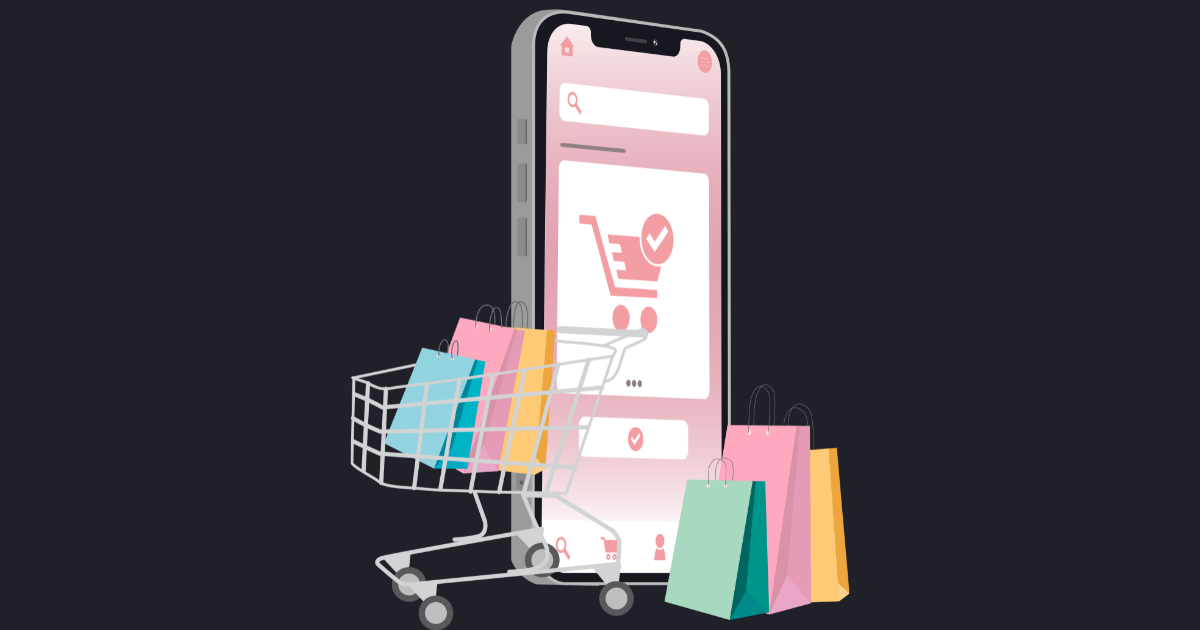
Below are the factors to consider in selecting the right ecommerce platform for clothing, they are as follows
1. Web hosting
Choosing the right web hosting service is crucial for the success of your eCommerce clothing brand, as it provides the digital foundation for your online store.
Hostinger stands out as an exceptional choice for this purpose, offering a reliable and efficient platform where your website will be hosted and your web content securely stored, processed, and served.
Hostinger excels in delivering a web hosting solution that is essential for the smooth functioning of your site. Unlike the one-size-fits-all approach, Hostinger tailors its services to meet the specific needs of eCommerce sites, ensuring that your clothing brand’s website operates seamlessly.
With Hostinger, you can expect unlimited bandwidth, ensuring that your website can handle high traffic volumes without any slowdowns. This is particularly important for eCommerce sites during peak shopping seasons or promotional events.
Additionally, Hostinger provides secure payment gateways, which are vital for building trust with your customers and ensuring their financial information is safe. Plus, ample storage space is offered, allowing you to showcase an extensive range of products without worrying about running out of space.
In summary, for eCommerce purposes, especially for clothing brands looking to establish a strong online presence, Hostinger is an ideal web hosting choice due to its reliability, scalability, and security features.
2. Ease of use
Having an eCommerce platform for clothing should be very easy to use, like having a user-friendly interface .
Most platforms will usually give space for your item to be posted at a go, but there is an opportunity to experiment with various parameters like order flow configurations and the like in order to make more advancements.
Moreover, it is important to have a clean interface in having an easy ecommerce platform. Shopify has suchwhich easily gives room for the creation of an online store without the use of any coding knowledge by employing an easy-to-use drag and drop page builder.
Other good options for a clean interface are Woocommerce and Squarespace which helps to design all that is needed from blogs to shop with dozens of templates.
3. Customization flexibility
Customization flexibility has to do with eCommerce platforms being flexible enough to give room for easy personalization for your workload to be minimized.
For instance, product pages, storefronts, and email campaigns need to be created in order to run your business.
In a way, the best eCommerce platform for the fashion industry should help users alter colors, fonts, logos, photos, and content layouts, which are meant for special offers, categories, and promotional deals. Special offers and categories.
It is important to note that Shopify is not a good idea for anyone who is looking for full control in personalization or customizing clothing business ecommerce websites because it has limited customized features.
Meanwhile, an opportunity can be given to Magento because it can be considered the best for customization simply because it stands for possibilities that are extreme for controlling the feel, view, and function of a website.
4. Product Catalog
For product catalogs all online clothing stores refresh their product catalogs frequently, similar to how brick-and-mortar shops regularly update their inventory and window displays to fascinate their customers with apparel brands.
It is important to complete the product catalog because it will highlight the breadth of choice you can recommend to clients.
Meanwhile, eCommerce catalog management is a term that gives a description of the whole activity of managing, organizing, and updating the products of the online clothing store, which covers everything that ranges from the description of products, pricing, pictures, and inventory, including all the information published on the website.It is important to note that if there is any inability to manage the product catalog, it can lead to it being expensive. Salsify reports that 87% of consumers found product content to be extreme in making decisions for purchase.
However, if it happens that your business is a big one that has an extensive product catalog, at this point, you will discover that Magento and Big Commerce can efficiently handle it. However, if you are a beginner or you have a medium-sized online store, then Shopify will still be a good option for you.
5. Order Management
When an efficient order management system is used, businesses have the chance to run their operations smoothly, control customer records, keep a record of their inventory, and make sure that products are delivered on time. In a way, it helps in preventing mistakes, increases sales capacity, and enhances customer satisfaction.
Meanwhile, most popular ecommerce platforms like Shopify, WooCommerce, Magento, and Big Commerce make provision for superior functions in order management, which involves timely updates on inventories, coupling up with the shipment provider, and monitoring of orders.
6. Payment options
For payment options, it is essential not to let down your potential clients and lose customers during the checkout process., most especially when our current payment methods are no longer just limited to the question ”cash or card?” but also include UPI, payment wallets, cryptocurrency, and the likes.
Meanwhile, an excellent store for some customers can make provisions with several options to be able to pay their bills, which implies that it is very crucial to pick a system that can support many means of payment.
For a beginner online store, a small brand, or already possess a physical store, I can say Shopify is ideal for the business because it has multiple payment options and also requires no transaction fee.
However, if you choose a third-party gateway, you may still be required to pay. There are also numerous other platforms which also offer many standard gateways, such as Magento, OpenCart, Prestashop, and the like. However, SquareSpaceis a payment option that is limited because the platform only accepts Stripe and PayPal.
7. Search Engine Optimization Friendliness
It is essential to grasp the concept of search engine optimization if you are a business person or a merchant who is delving into the large realm of ecommerce
However, this is one way of boosting the organic traffic to the website of your clothing business no matter how, either by quantity or by quality. This means that poor applications of Search Engine Optimization can make your website unknown to your customers.
Meanwhile, both BigCommerce and Shopify can make provision for numerous SEO tools, like enabling users to customize robots.txt and inbuilt 301 redirects.
So, it is advantageous for small business owners to opt for Weebly because it has a basic plan that offers services without charge. However, their ads can be removed if you upgrade to a premium plan.
Other factors include:
- Scalability
- Security
- Inventory
- Shipping partners
- Analytics
- Integration capabilities
- Audience-building & marketing tools
- social media integration
Now that we know the various factors to consider when choosing an ecommerce platform for clothing, let’s take a look at some successful clothing and apparel ecommerce websites that you can take inspiration from
Conclusion

From all observations, knowing how to choose the best eCommerce platform and knowing the best ecommerce platform for clothing wholly depends entirely on you. With all the facts that have been presented, ranging from how the best factors to consider in the ecommerce apparel idea is a good idea that is needed for your online clothing store
Meanwhile, the best person who perfectly understands your business still ends up being you, so it is essential for you not to make any hasty decisions and to ensure that you determine what your business is capable of in the very first place.
Frequently Asked Questions

What are the types of ecommerece platform
Below are the types of ecommerce platforms
Open-source platforms
Open-source platform give an opportuinity to users to have the highest level of access privileges to any part of the source code, therefore, anybody can customize it to fit their individual needs. This would be a suitable decision for companies that desire a private eCommerce environment.
Saas eCommerce platforms
SaaS (software-as-a-service) is a subscription-based service provided by a 3rd party vendor where customers merely rent the software without having to acquire additional skills in designing, building, and maintaining the software platform.
Other top ecommerce platforms includes;
- Hosted platforms
- Self-hosted platforms


